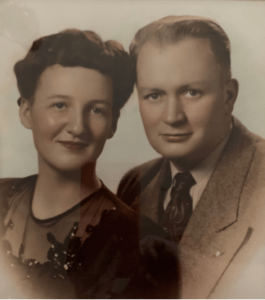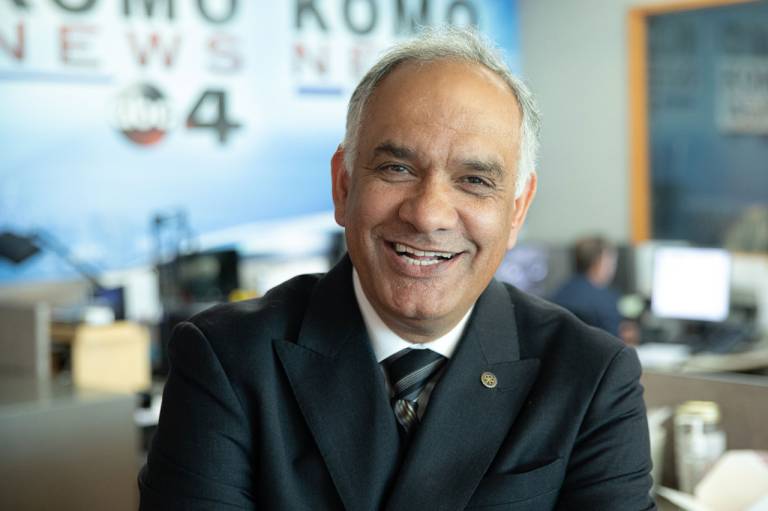Meet The Founder
Rajiv Nagaich
Facts about Rajiv Nagaich
- Masters in Tax Law (LLM), University of Washington
- J.D., Seattle University School of Law
- B. Com., Business, Government College, Chandigarh, India
- Insurance Sales and Management, 1989 – 2005
- Elder Law Attorney, 2002 to present, concentrating in the area of long-term care planning
- Board Member, National Academy of Elder Law Attorneys (NAELA) and NAELA’s Practice Development and Practice Management Special Interest Group
- Board Member, Center for Medicare Advocacy Inc, Washington DC.
- Advisory Board Member, Elder Law, John Marshall Law School Chicago IL.
- Member, Washington State Bar Association Elder Law Section, Pierce County Bar Association, and South King County Bar Association Guardianship and Elder Law Section
- Continuing education instructor and community speaker on estate planning and elder law issues
- Founder, Washington Elder Care, a not-for-profit corporation
- Host of “Aging Options” a weekly radio digest on AM 770 in Seattle
Rajiv’s Story
Rajiv Nagaich consider it an honor and a privilege to help older adults create better outcomes during retirement. Read on to find out what
stoked his passion for this work.
When Rajiv Nagaich first met Jamie, his wife, she was a children’s therapist in Yakima, Washington.
As Rajiv got to know her better, he discovered that Jamie’s father, Bill, had been diagnosed with
Alzheimer’s disease in the last year of his 40-year career with the U.S. Postal Service.
As Rajiv got to know Jamie, he learned of the attempts her mother, Vivian, was making to keep Bill home.
Vivian had been told by the Department of Social and Health Services (DSHS) that there was no help to
be had if Bill desired to stay home. According to this official, Vivian would need to move Bill into a
nursing home if he needed help.
After struggling to keep Bill home for a year or two, financial pressures coupled with the pressures of
managing his care and the care of the household made it impossible for Vivian to continue living in their
home. She sold the house and moved with Bill. The move was stressful for Bill, who had started to
wander. Eventually, the demands of care became overwhelming and Bill had to be moved to a skilled
care nursing home.
As time went on, Jamie and Rajiv became close and she invited him to meet her family in Spokane. It was during that visit that Rajiv was for the first time exposed to life in a nursing home. It was a shocking experience to say the least.
Rajiv had heard stories about old folks’ homes, but he had never seen one in India. All his grandparents had taken their last breath at home surrounded by loved ones.
The moment Rajiv walked through the nursing home door, the smell alone was enough to make him want to turn around and walk back. Bill was unshaved and smelled bad. Jamie went out and asked for a nurse to change him. After visiting for a while, we left. Jamie was in tears and Rajiv was lost in his thoughts. This is not how the richest nation in the world should be treating its elders, he thought. There has to be a better way.
Unfortunately, as Rajiv soon discovered, there is nothing unusual about Bill’s story. In fact, it’s a very ordinary story. Bill was moved to a nursing home when Vivian was perfectly willing to take care of him at home. The system had told her she had no way to get help at home. With limited means and in no physical condition to manage the demands of care on her own, what else was she to do?
Bill’s story lit Rajiv’s fire for elder law. It made him want to devote his life to helping families navigate the system so they can avoid the fate that befalls so many elders. If former president Ronald Reagan can live out his final years at home, so can you.
Later on, when Vivian was diagnosed with kidney cancer, Rajiv was determined to give her story a different ending. He found a Geriatric Care Coordinator to help them plan her care. Fortunately, they were able to avoid the nursing home and Vivian lived with Rajiv and Jamie for eleven years before her death. Rajiv is grateful for this experience.
Today, he considers it a privilege to help families rewrite the final chapters of their elders’ life stories.


